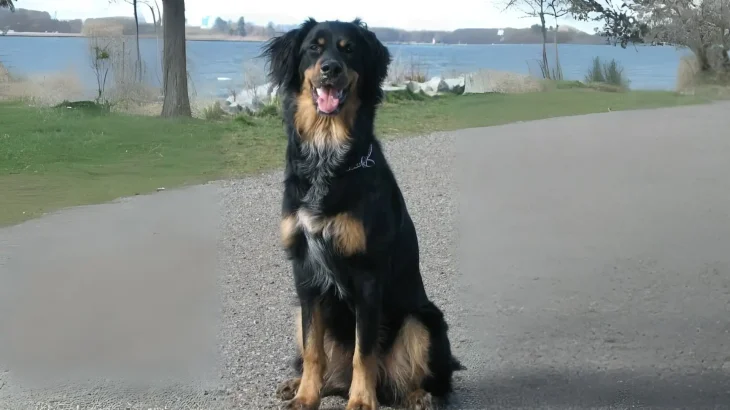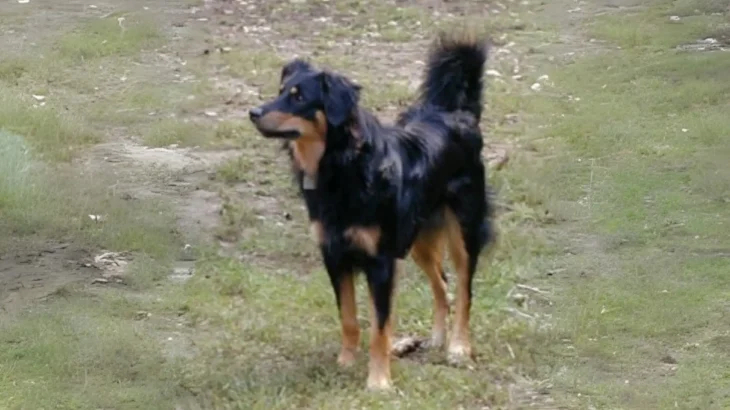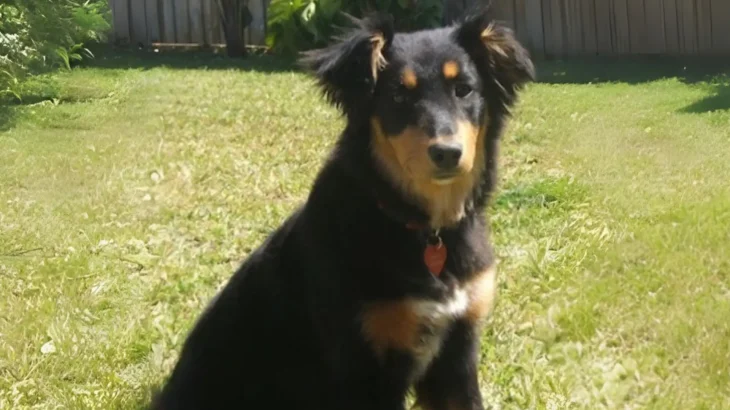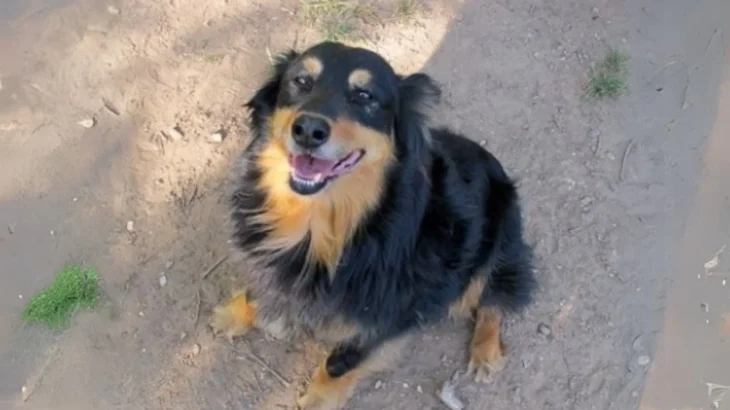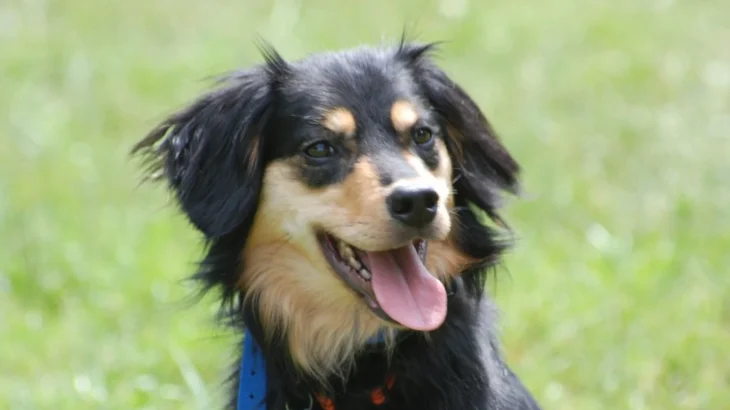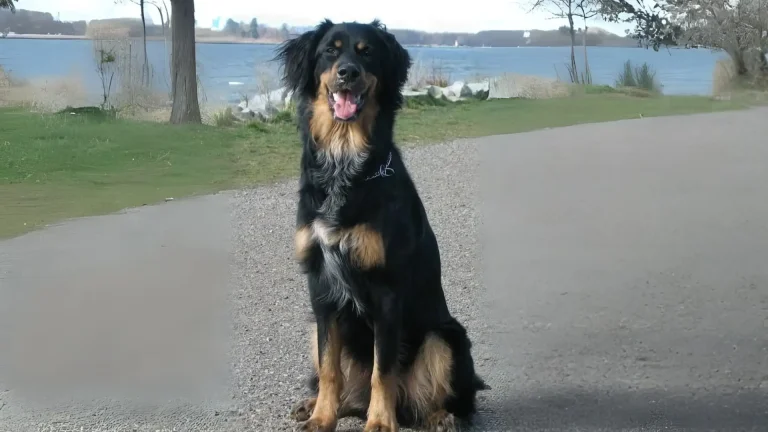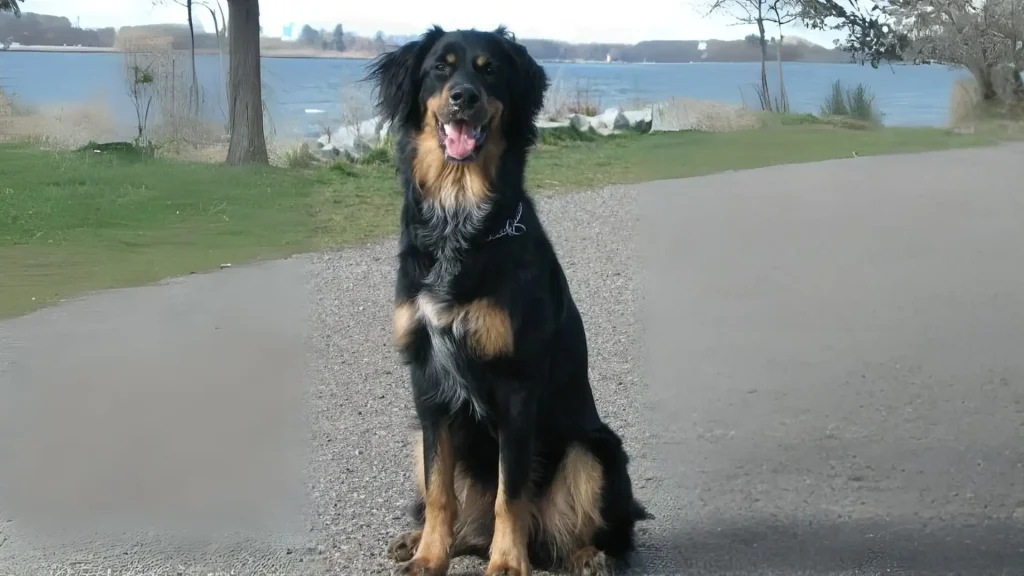When deciding whether to bring a Dakotah Shepherd puppy into your home, you have the choice of adopting from a rescue or buying from a breeder. Each option offers different advantages, especially related to health transparency, costs, and ethical considerations unique to this breed.
Adoption vs. Breeder: Pros & Cons
| Criteria | Buying from Breeder | Adopting from Shelter/Rescue |
|---|---|---|
| Cost | Tends to be higher due to pedigree and care, often several hundred to over a thousand dollars. | Lower adoption fees, usually covering vaccinations and spay/neuter services. |
| Health History | Provides thorough genetic and health screening relevant to the Dakotah Shepherd breed. | Health history can be limited or unknown; basic health checks are performed by shelters. |
| Age Availability | Primarily puppies, allowing for early training and socialization aligned with breed standards. | May include dogs of various ages, including adults and seniors, offering flexibility in choice. |
| Temperament Insight | Breeders can often describe lineage temperament traits, aiding in predicting behavior. | Temperament observed by shelter staff, though full history might be incomplete. |
| Supporting Practices | Supports responsible breeding programs focused on maintaining breed quality. | Supports animal welfare by giving a home to dogs in need and reducing shelter populations. |
| Ethical Considerations | Important to choose ethical breeders to avoid supporting puppy mills or irresponsible breeding. | Promotes rescue and rehabilitation, aligning with animal welfare values. |

